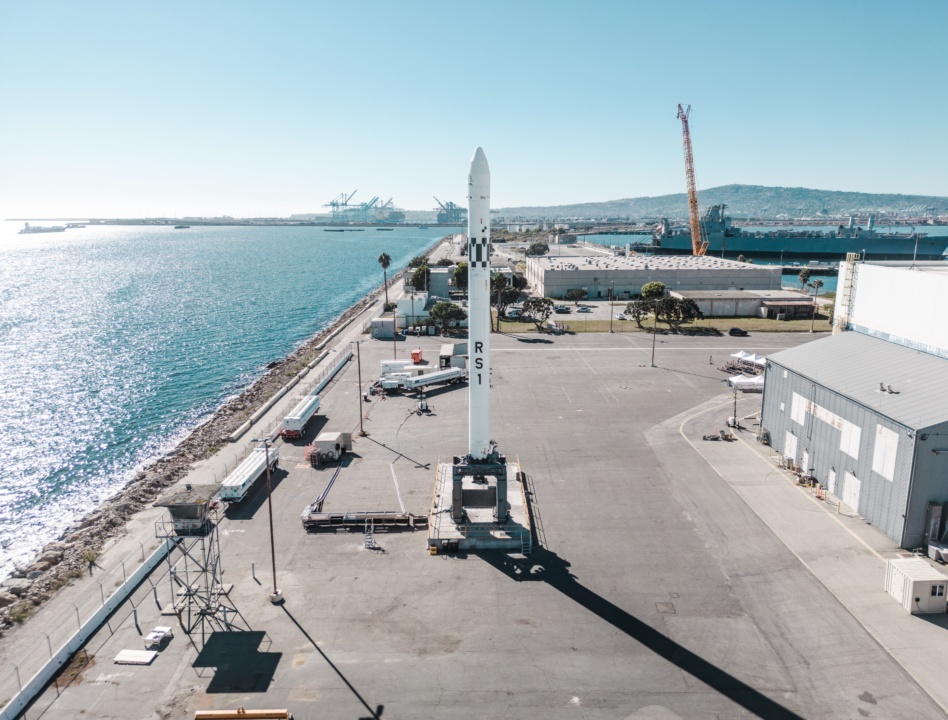“If I had a nickel for every space company that pivoted to national security, well, I wouldn’t need to raise another round,” one spacetech founder mulling that exact strategy told Payload this week.
It’s becoming an increasingly common tale: founder(s) start space company, see opportunity in national security, and shift their business model to add defense (or in some cases abandon civil space altogether). If three makes a trend, this is becoming a given:
- Last week, Redwire announced a plan to acquire unmanned aerial system builder Edge Autonomy to boost its national security offerings.
- Voyager Space tweaked its name and focus last week, becoming Voyager Technologies, Inc. and emphasizing its national-security business.
- Last year, we saw ABL Space give up on launch vehicles to focus on missile defense.
- Moon companies Astrobotic and Intuitive Machines explored defense revenue.
- Rocket engine maker Ursa Major invested in hypersonic tests and missile motors.
- The hottest contract in satellite production is anything from the SDA.
What’s commercial? From one angle, this is no surprise: Satcom and EO companies whose marketing focused on the private sector have long hit their revenue targets with the help of three-letter agencies and the Pentagon.
Still, a key pitch of the new space age was that it would be relevant for private sector purchasers, not just the government—a vision that’s been slower to develop than many expected. That leaves founders and VCs looking for businesses that can credibly compete with traditional military contractors for growing government largesse.
It’s China, stupid: Meanwhile, the US military’s renewed focus on potential adversaries such as China and Russia, and the subsequent creation of the US Space Force, has created a big pull for space tech firms. The importance of space assets and missiles to conflicts in Ukraine and Israel is also leading to opportunities for new firms.
In 2024, the Pentagon released its first commercial space strategy, increased its commercial spending, and accelerated its engagement with start-ups.
Numbers go up: The researchers at NovaSpace say government space budgets grew 10% in 2024, driven by $73B in defense investments that made up 54% of global government space spending.
A flat circle: Just as past military investment in space tech had big implications for the private sector—GPS, most notably—we can expect the push toward cheaper access to space and more autonomy on orbit will lead to new commercial opportunities.




